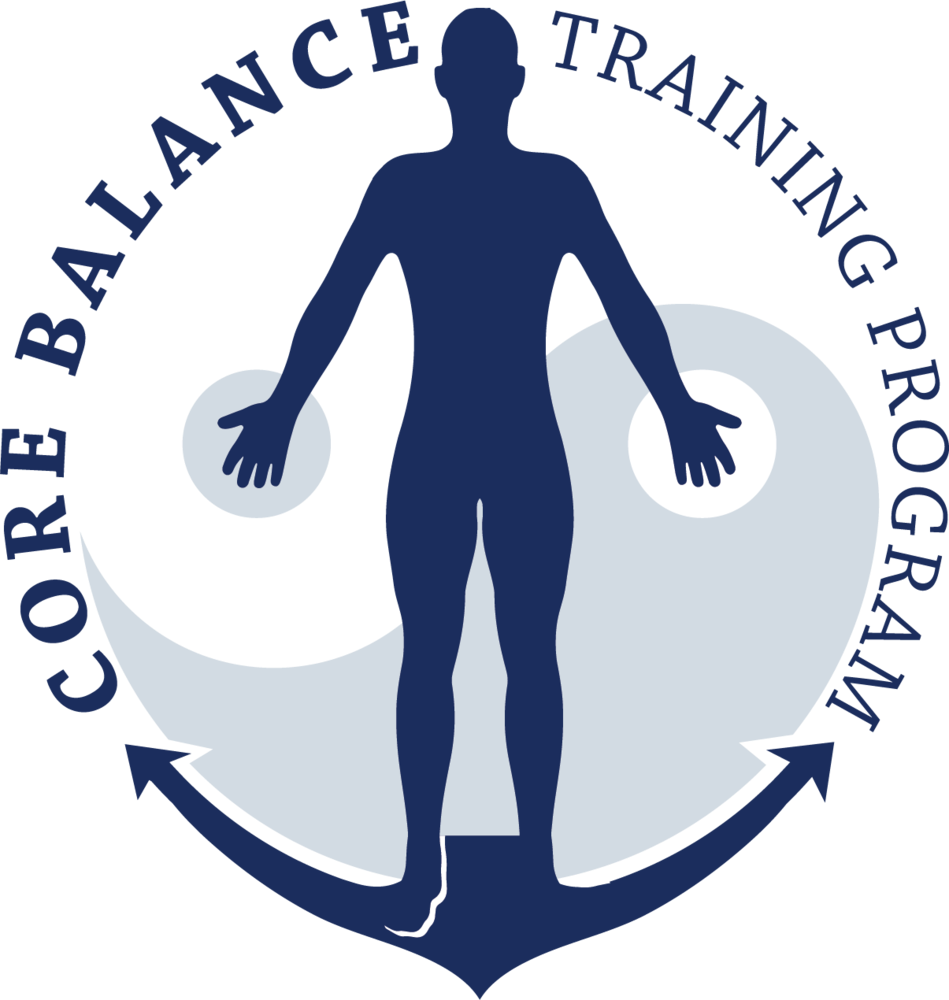
Written by Dr. Ryan Peebles, DPT
First, I’ll say that your core is much more than muscles, but before we get weird, let’s talk about your core from an anatomical prospective. Many people tend to think of the abdominals when they hear core. That’s not wrong, but your core also includes the rest of your trunk muscles: front, sides and back. If you want to get technical, it’s any muscle group that has a direct influence on the positioning of your spine, pelvis or ribcage. This includes hip muscles like your gluteals or “glutes”, and even some shoulder muscles. Note: the glutes are one of the most important core muscle groups, and one of the major focuses of Core Balance Training.
Let's get weird.
On a deeper level, your core is much more than that. It’s energy. It’s a source of power. A mindset. A foundation. It’s being grounded. It’s coming from your center. It’s your network of neurons connecting everything together and is centered in your gut. Your intuition. The connection between your central nervous system and your autonomic nervous system. In Yoga, it’s your solar plexus representing your identity and confidence. The connection between your conscious and subconscious minds. In Pilates, it’s your powerhouse. In the Taoist practices of Tai Chi and Qigong, your core is your dantian or energy center. In Japanese traditions, it’s your hara or ocean of energy. Your connection between you and the environment around you. It’s a lot! When you are coming from your core, you are centered and balanced. You are grounded, sending and receiving vibrations that resonate in a positive way. You are flowing.
Absolutely!
Training your core back into balance not only improves your posture, reduces pain and makes you feel good, but it also has an impact on your energy, confidence and connection with everything (and everyone) around you.
